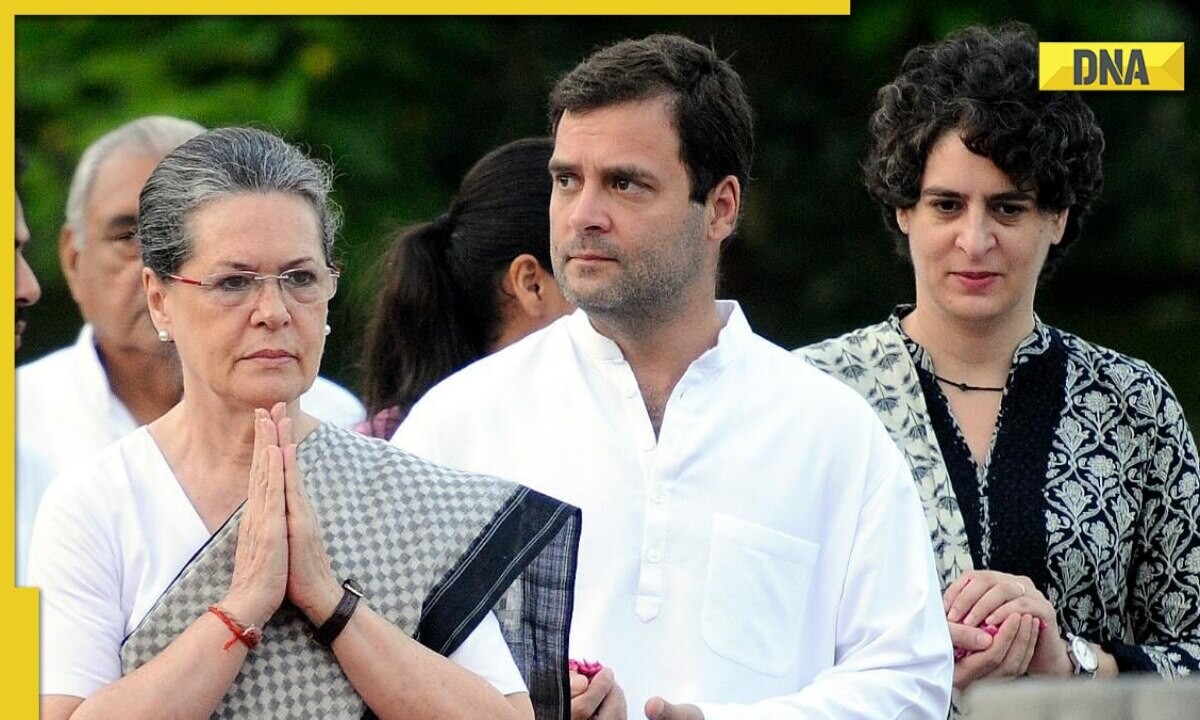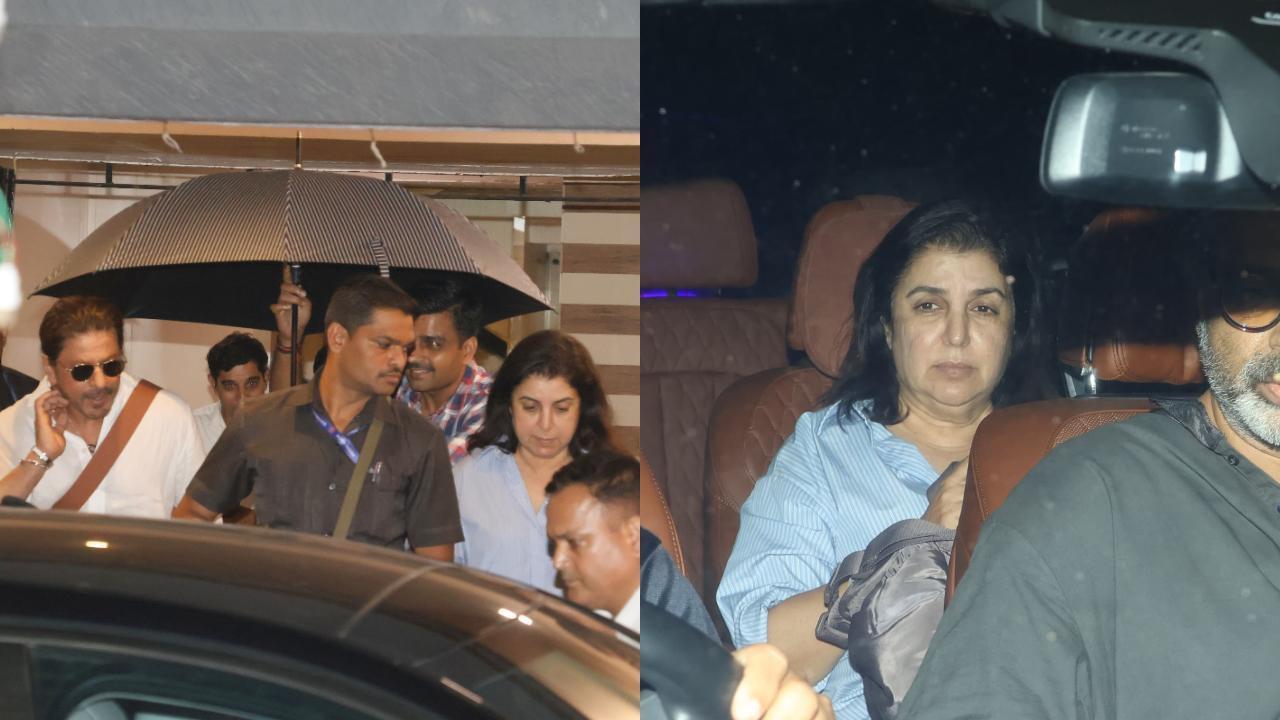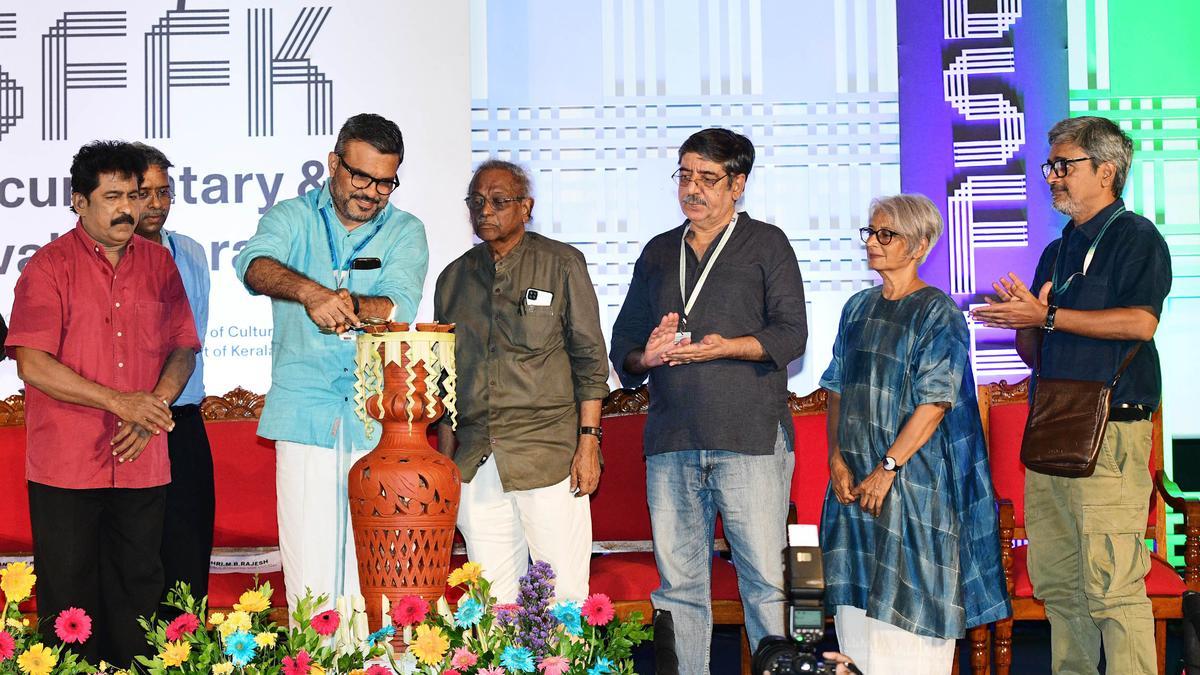
In what feels like a recurring narrative for the Indian National Congress, the party finds itself in a place hauntingly similar to the predicament it faced three years ago. Back in July 2019, in the wake of a devastating defeat in the Lok Sabha elections, Rahul Gandhi resigned from his position as the Congress president. His resignation led to the reinstatement of his mother, Sonia Gandhi, as the interim party chief, a role imagined to be temporary but which she continues to hold three years later. Now, with the backdrop of the upcoming Lok Sabha elections in less than two years, the Congress is once again grappling with the question of leadership as it prepares to elect its next president within a month.
Despite an ongoing search for leadership, the prominent Gandhi family seems hesitant to take up the mantle of responsibility. Rahul Gandhi’s decision remains pending as he has yet to “make up his mind.” Sonia Gandhi, on the other hand, has excused herself from further duty, citing reasons of ill health. The prospect of Priyanka Gandhi Vadra stepping in has not garnered substantial support, leaving the party in a state of déjà vu from August 2019.
This leadership void has reignited discussions regarding the potential rise of a non-Gandhi member to the helm for the first time in over two decades. The last to hold this distinction was Sitaram Kesari, before being hurriedly replaced by Sonia Gandhi in 1999. Despite the uncertainty of the future president’s identity, one factor is unambiguous — the chosen leader will be elected, given the formal election process initiated on August 21, anticipated to culminate by September 20, 2022.
Several seasoned leaders such as Ashok Gehlot, the Chief Minister of Rajasthan, Mukul Wasnik, Meira Kumar, P Chidambaram, and Mallikarjun Kharge have emerged as potential candidates. However, recent departures of young leaders like Jyotiraditya Scindia and Jitin Prasada have instilled a sense of caution in the party against betting on its younger members. Furthermore, the G-23, a group of dissenting leaders, might enter the fray by presenting their candidates for both the president and the Working Committee.
Securing a full-time president is an objective the Congress cannot overlook, especially with state elections looming before the pivotal showdown in 2024. A non-Gandhi president could offer an antidote to the criticisms of nepotism that have long plagued the party, but it may also lead to increased factionalism and internal distrust.
Experts, like Rasheed Kidwai, author of “24 Akbar Road,” foresee the election of a non-Gandhi as a major blow to Rahul Gandhi’s authority. Still, Kidwai also cautions that while a non-Gandhi presidency seems plausible, it’s fraught with logistical complexities.
Dr. Nilanjan Mukhopadhyay, a recognized journalist, posits a different view. According to him, a truly open and democratic election could be the best outcome for Congress, provided that the president is not a mere figurehead remotely controlled by higher leadership. Sanjay Kumar, from the Centre for the Study of Developing Societies, contrasts the impact of Gandhi and non-Gandhi presidencies, highlighting the dual nature of Gandhi leadership—as both a unifying force and an electoral liability.
There are whispers inside the Congress that seek to convince Sonia Gandhi to remain as a full-time president. Under this scenario, she would preside unopposed and designate a few working presidents to manage day-to-day affairs. This could also quell internal conflicts, particularly in Rajasthan.
Some party loyalists, however, are hopeful that Sonia Gandhi will continue in her role, especially given the Enforcement Directorate’s ongoing investigation into the National Herald case. There is speculation that the agency might rethink its strategy if she remains the incumbent president, impacting the enforcement actions they may take.
While Congress insiders remain tight-lipped, the decision of whether a Gandhi or a non-Gandhi will contest for the leadership could have extensive implications for the party’s fate as it forges its path toward the 2024 elections.










